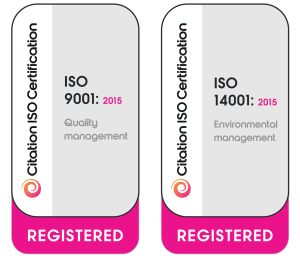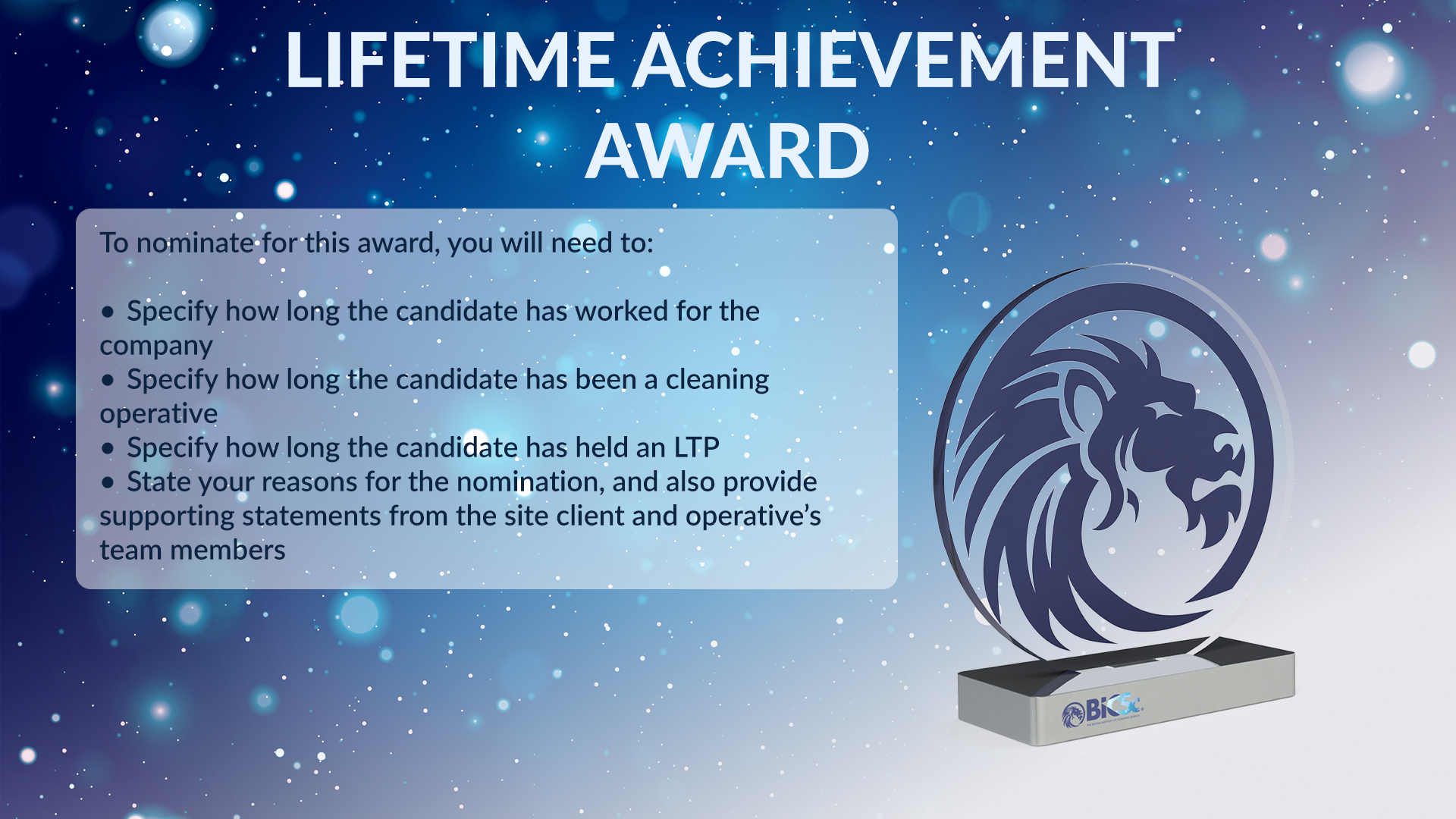The following is a piece from Amelia Amesbury which featured in Edition 3 2025 of The Standard.
Way back when I first started working, when I was a cleaning operative, I had no idea that my journey would lead me to BICSc, let alone working here. Along the way, I’ve accomplished things I never thought possible, achievements that I’m genuinely proud of. But one moment that stands out to me above the rest was earning my BICSc Assessor Licence. I still remember the exact moment my verifier told me I had passed. Like many of you reading this, I felt an overwhelming sense of relief and pride. Knowing that I was one of 480+ (at the time) assessors around the world was truly an incredible milestone, so this is a celebration of you amazing assessors.
Like everyone, when I first began my BICSc journey, I had to complete my Licence to Practice and skills training. I clearly remember standing in a cleaning cupboard, making up a mop bucket solution, looking at my assessor and thinking: “This is easy for you, all you have to do is stand there and watch while I do the hard work.” Now, every assessor reading this has probably just pulled that face, the one that says: “She clearly has no idea what she’s talking about.” And you’d be absolutely right. That version of Amelia had no clue just how much hard work goes into being an assessor, or the level of training, knowledge, and responsibility it truly requires.
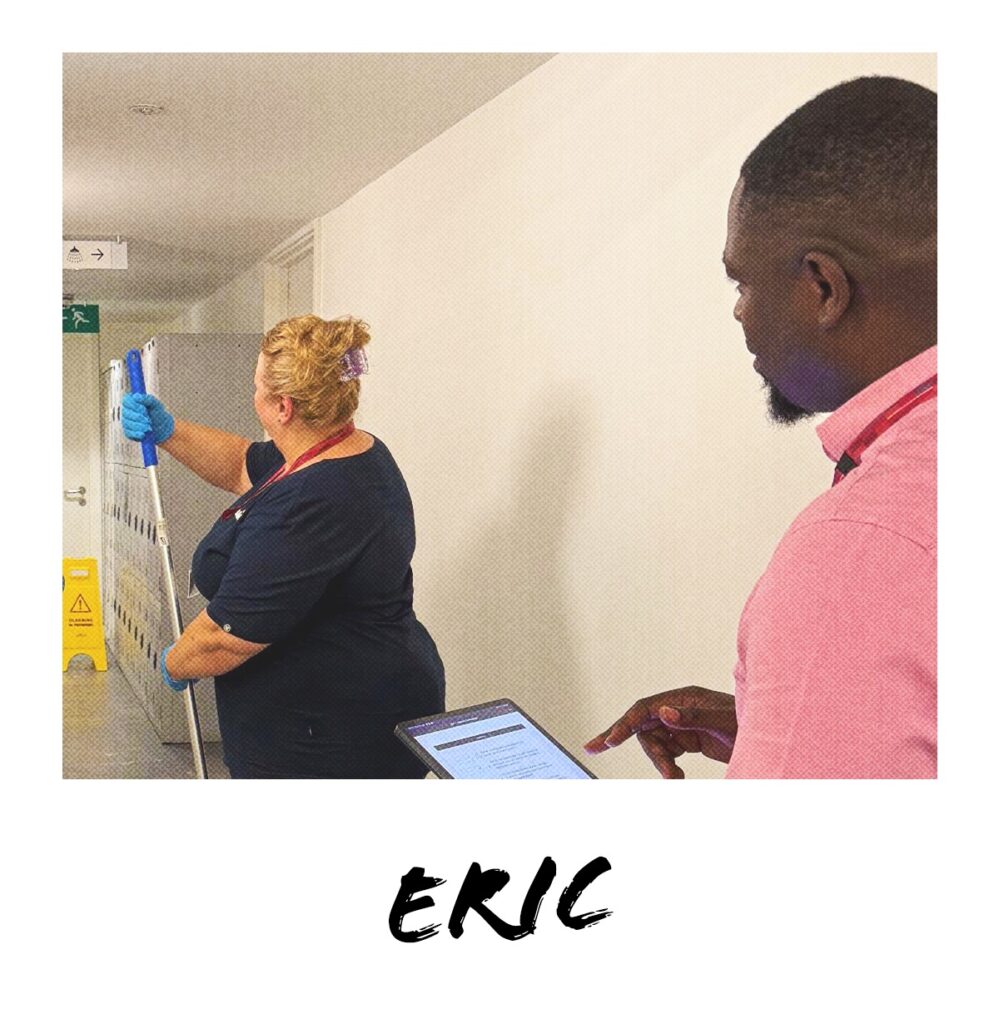
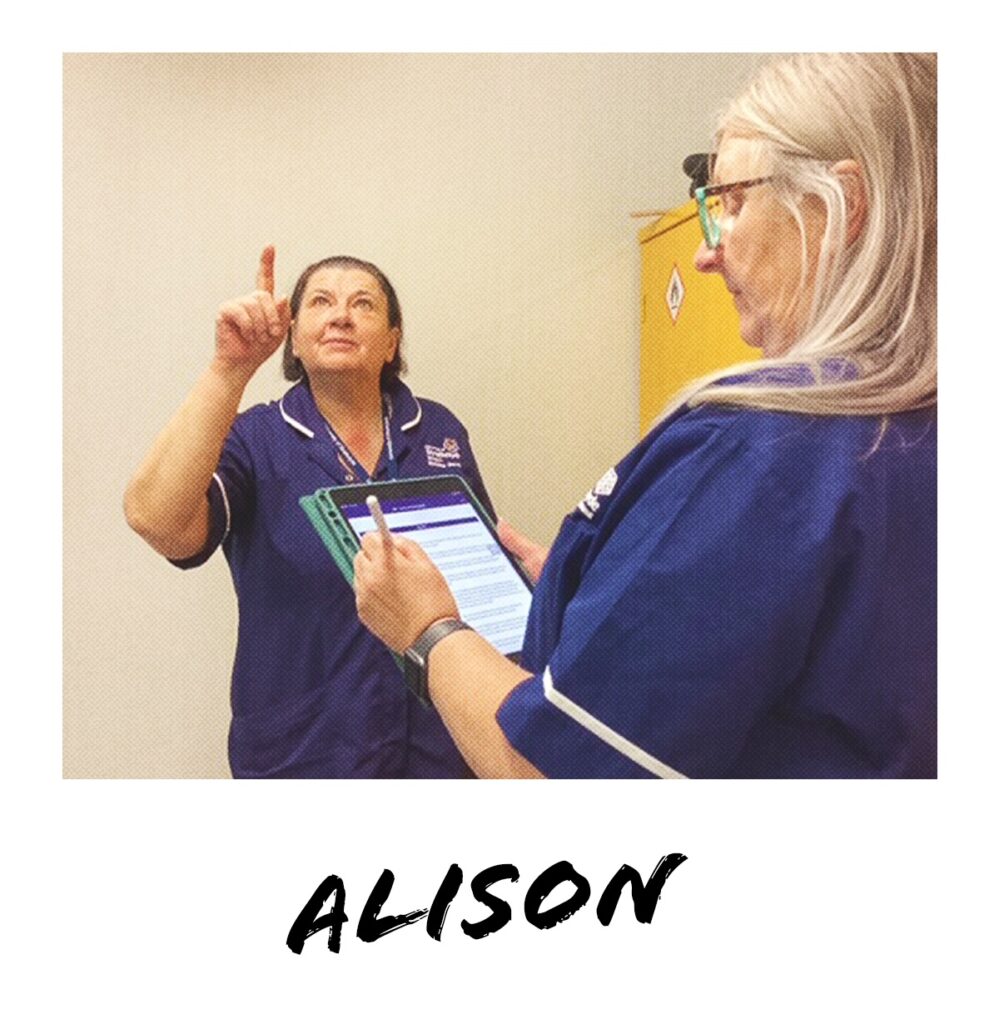
For those of you who may be unfamiliar with the process of becoming a BICSc Assessor, let me walk you through it. Each step must be completed in order, with candidates required to be both trained and assessed before moving on to the next stage:
- Licence to Practice (LTP)
This is the foundation and must be completed first
- 7 CPSS Skills
Candidates must complete training and assessment in any 7 CPSS skills, as long as the selection aligns with the relevant rules of combination (where applicable).
- Accredited Trainer
This stage is divided into two parts:
- An online course covering the principles and techniques of training
- An assessment, where the candidate delivers a live training session on a chosen skill. Only assessors employed by BICSc can assess this stage
- Assessor Training
This stage also has two components:
- An online course on assessment methods, including how to use the CPSS app
- A face-to-face training day with BICSc, where candidates practise carrying out assessments in a supported environment
- Verification
The final step takes place on-site. A qualified verifier observes and evaluates whether the candidate meets the standards required to become a certified BICSc Assessor.

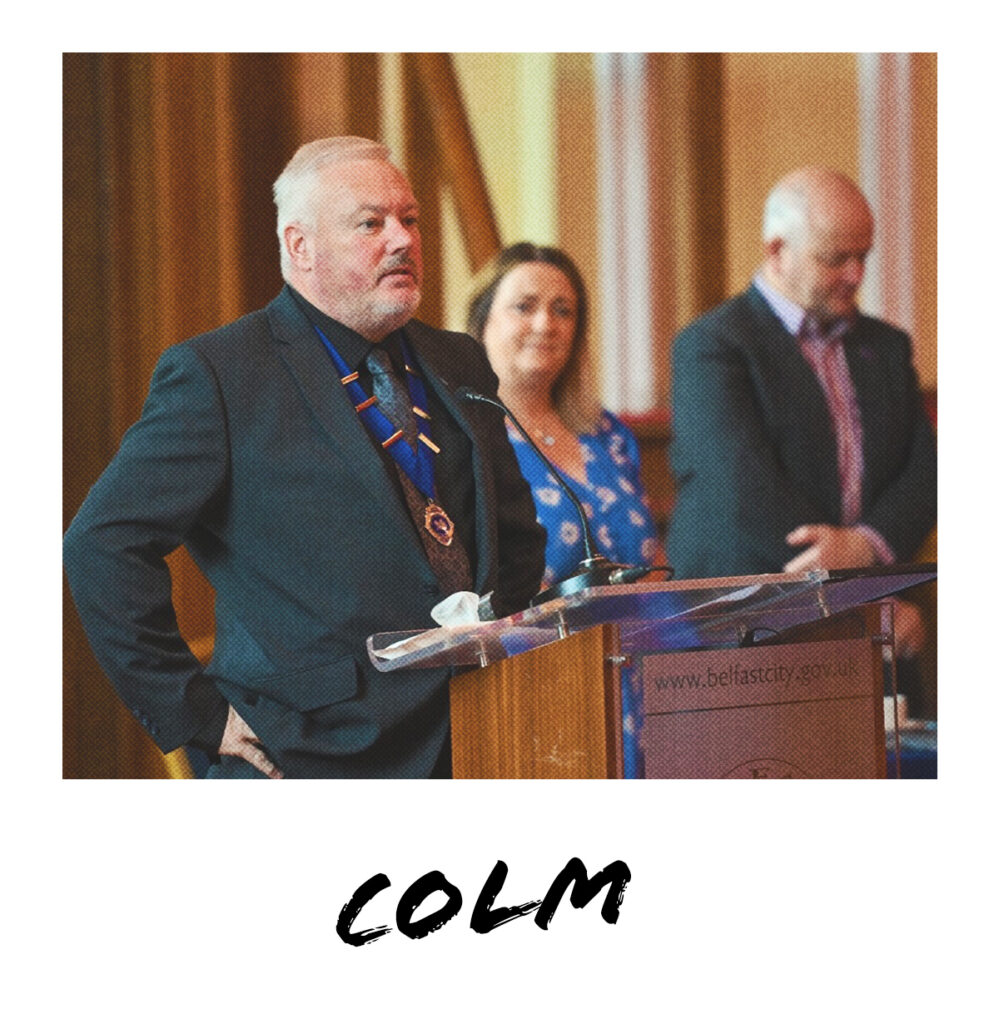
The primary responsibility of any assessor is to ensure the safety of their candidate. To do that effectively, you’re managing several things at once. You’re constantly observing the candidate, listening to what they’re saying, marking their performance live using the CPSS app, and staying alert to anything that could potentially go wrong, all while staying engaged and focused. At the same time, you’re drawing on your own skills training to make sure the candidate is performing the task correctly and safely. I’ll be honest, most days I walk away with a headache, much more than simply standing there holding a tablet.
Assessors also have a duty to keep their own skills up to date. We’ve all heard the saying “use it or lose it” and that applies here too. Some assessors go even further, continuing to expand their BICSc knowledge long after qualifying. Take Colm McGrath from Aramark, for example. He says:
“I have been a BICSc Licensed Assessor for 15 years. My journey began 23 years ago when I completed my first BICSc COPC skill set. Today, I proudly hold 30 BICSc skills on my licence.”
And between us, that’s more than I have!
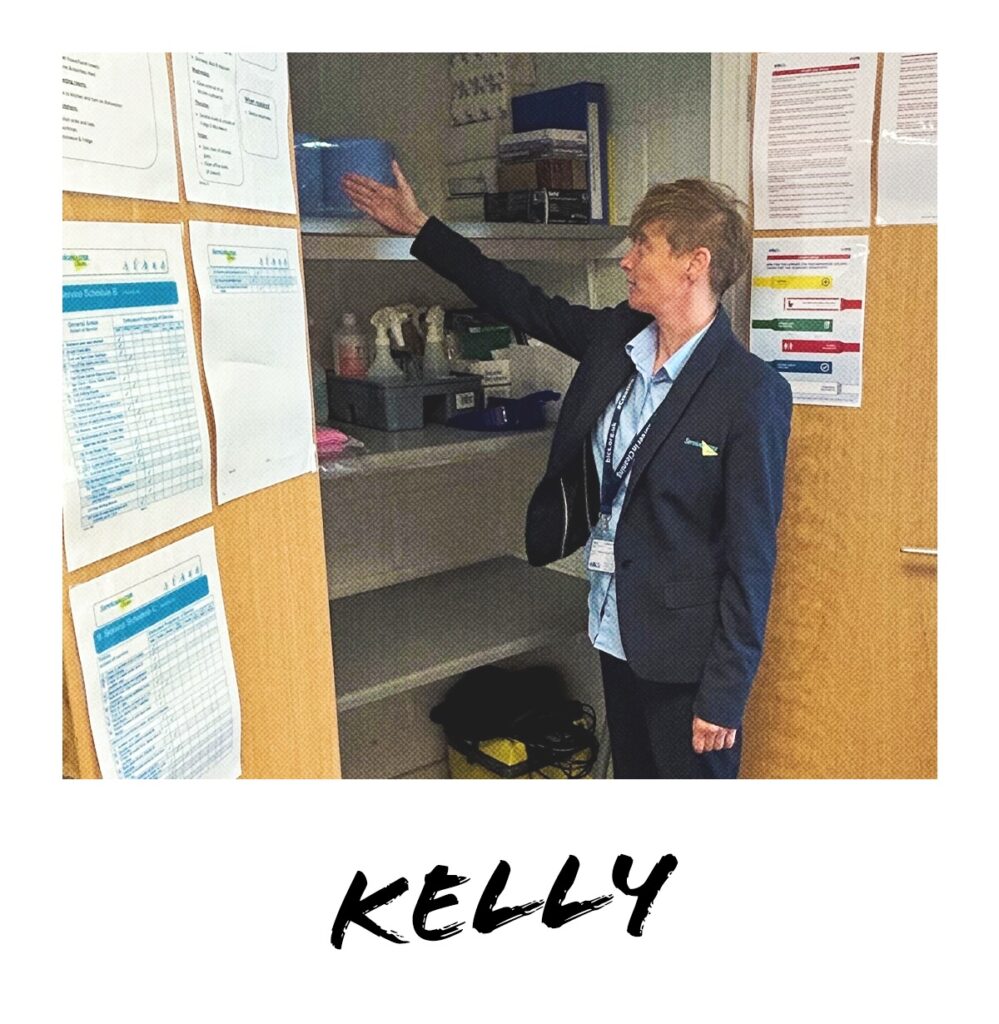

Another factor that adds to the pressure of being an assessor is that, in many cases, it’s not their only responsibility. Often, assessors wear multiple hats; they may be managers, supervisors, or even cleaning operatives themselves.
Alison Fleming from the University of Strathclyde, for example. She shares:
“I have been an assessor for 2 years now. Within my role, I help manage 230 cleaning operatives, clean all academic buildings, while also training and assessing staff on BICSc skills. I deliver toolbox talks and take part in all aspects of training to ensure I provide a professional service to both students and stakeholders at the university.”
Balancing assessment duties alongside demanding operational responsibilities requires excellent time management, flexibility, and dedication. It’s a constant juggling act to ensure both standards and service delivery remain high.
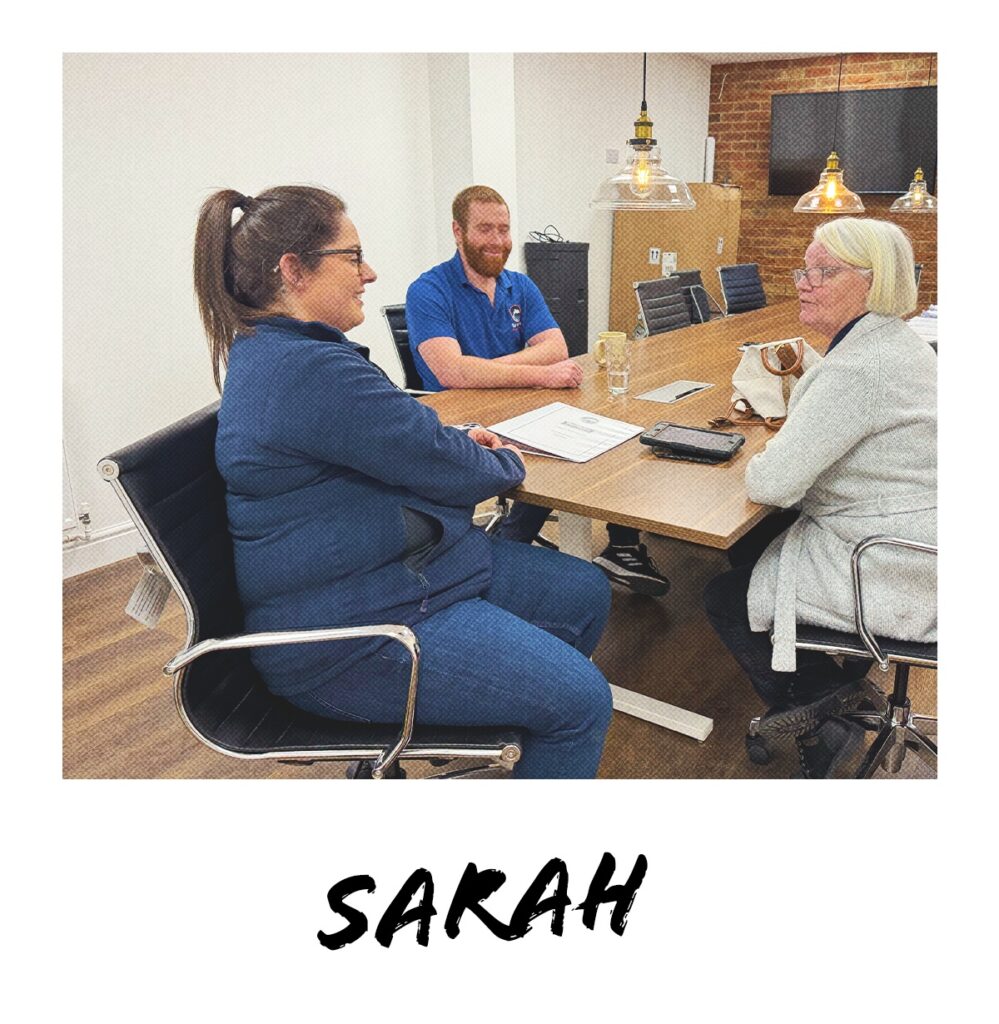

One thing I truly love and something I know all assessors can agree on is that while being a BICSc Licensed Assessor looks great on a CV, that’s not why we do it. We do it for the candidates.
Shihab Hossain from Serve U L.L.C. puts it perfectly:
“What I love most is watching people progress – seeing someone gain confidence, improve their skills, and take genuine pride in their work is incredibly fulfilling.”
I couldn’t agree more.
For Sarah Ford from Top Mops UK, the most rewarding part of assessing is:
“Starts with my relationship with the operatives and leads through the training. It’s about seeing the operative on their journey to receive a qualification and gain confidence.”
Those moments, the pride, the growth, the joy on a candidate’s face when you tell them they’ve passed, are what make it all worthwhile. That’s why, despite the intensive training and occasional stress, we do this work with passion and pride.

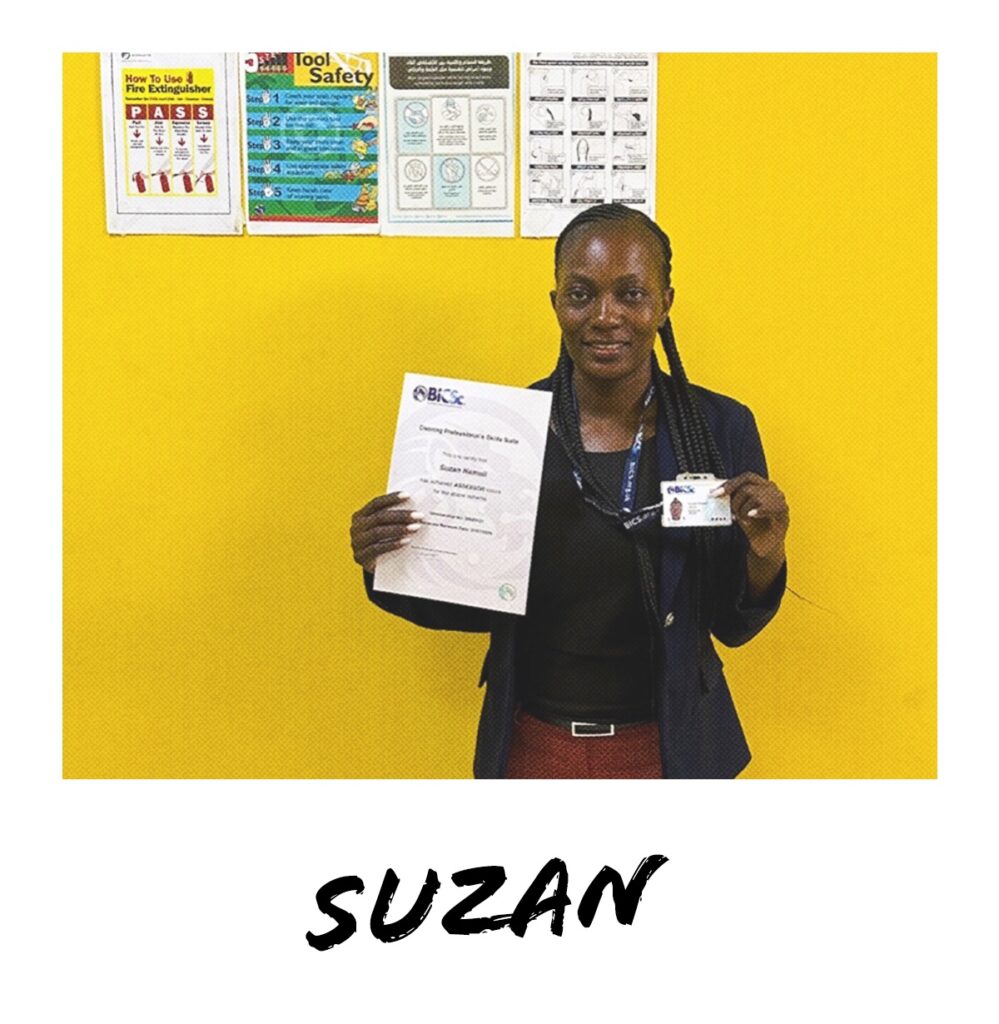
One of my favourite parts of my role is delivering the Assessor Practice Day for upcoming assessors. The feeling that Shihab, Sarah, and so many others have described, that sense of pride and fulfilment, is exactly what I experience when I hear the news that they’ve passed and officially become assessors themselves.
I do this job because of the joy it brings to others, and it’s truly an honour to be a part of their journey.
To finish this celebration of our incredible assessors, I want to leave you not only with a well-deserved nod of appreciation, but also with some wise words from Fiza Noreen at Al Yamama:
“As an assessor, I like that BICSc gives candidates a professional qualification and a deeper understanding of their career. My advice to every candidate out there is to practice until you feel confident! Good luck!”
If you enjoyed this piece, have a read through the rest of our The Standard magazines here.
Contact Us
9 Premier Court
Boarden Close
Moulton Park
Northampton
NN3 6LF
Email: info@bics.org.uk
Tel: +44 (0)1604 678710
© BICSc 2025
Policy Documents | The British Institute of Cleaning Science
All Rights Reserved | Company Reg 1524014




